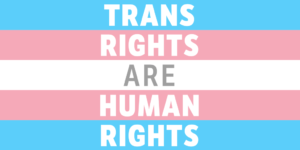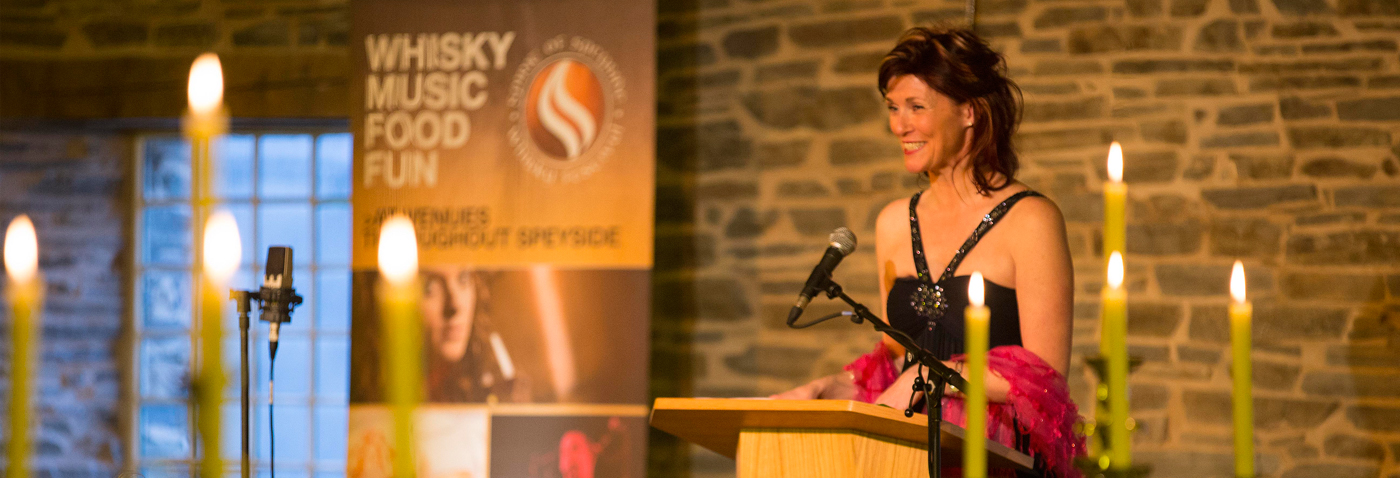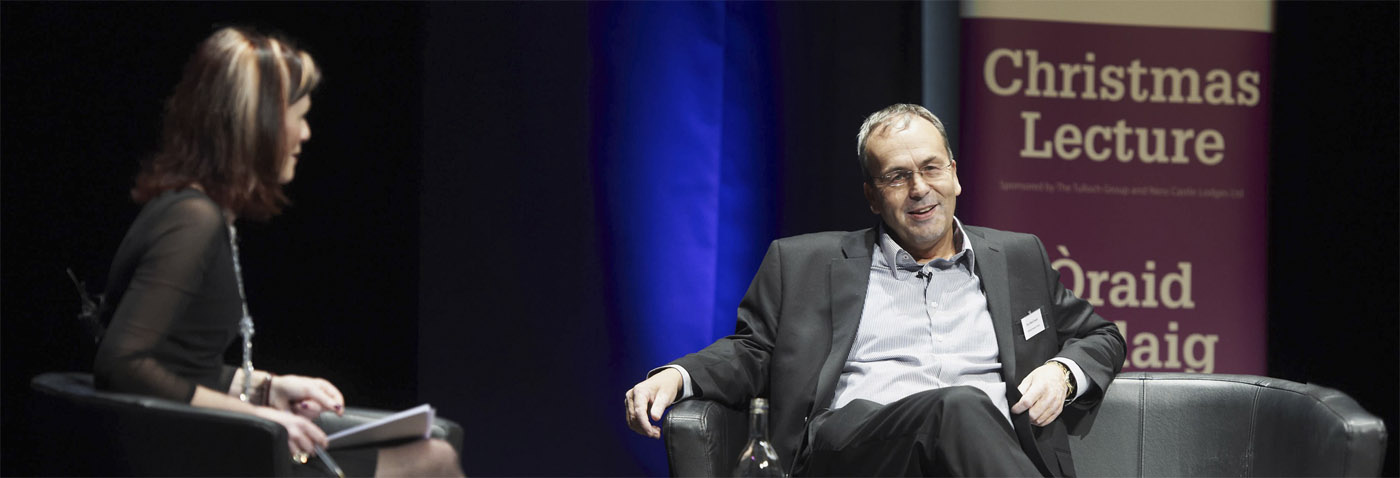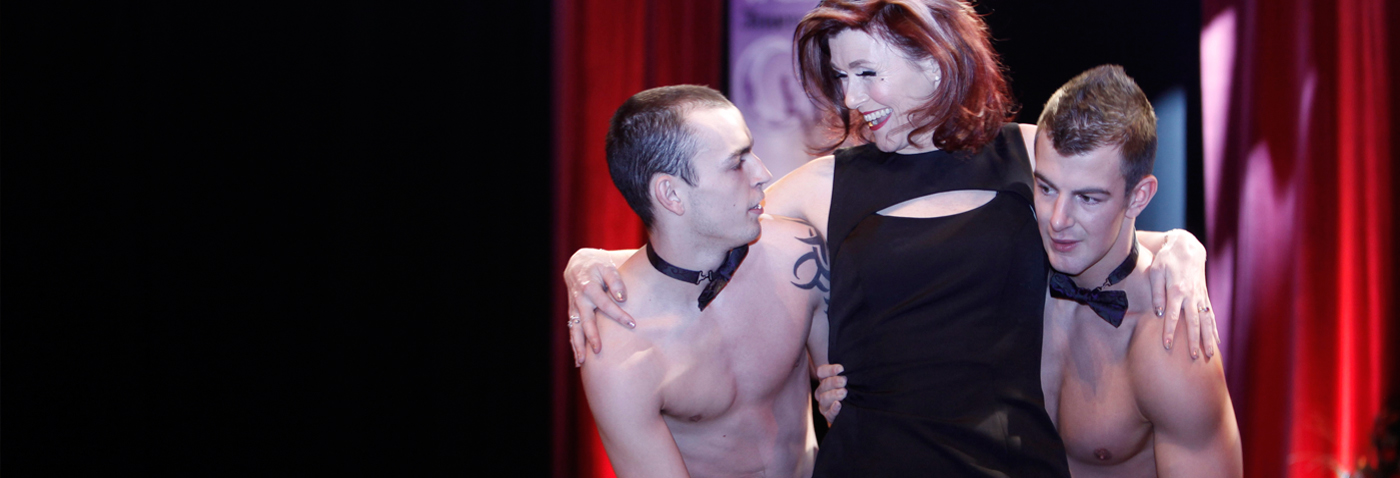I’m a woman and a trans ally. In theory, at least.
In case it’s important for you to know this, I am a woman, and I am a trans ally. At least I think I am a trans ally, but I’ve never had cause to put that theoretical support into action. I don’t have a single person within my family or close friends who has changed gender, or – as far as I am aware – is thinking about transitioning. Therefore, I don’t – and can’t – understand what it must feel like to walk in trans shoes.
 I was born female and have identified as female all my life. I am straight, white, and well educated, and, as such, have lived a fairly charmed life.
I was born female and have identified as female all my life. I am straight, white, and well educated, and, as such, have lived a fairly charmed life.
I therefore can’t imagine the anguish of having been born with a gender I don’t accept, in a body I wouldn’t have chosen. While I have occasionally cursed my female corpus for its crippling period pains and frustrating menopausal symptoms, I have never wished I was born male.
I can’t understand, but I can support
So, while I will never understand what it is like to be trans, I fully support the rights of trans people to hold their rightful place in society. I can feel compassion for anyone in that situation. They should be offered understanding, support, counselling, and – if they are truly certain – the opportunity to transition.
I believe they should also, post-transition, be allowed access to the spaces afforded to their acquired gender, to change their documentation to reflect their new body, and to live a full, quiet, and peaceful life. An equal life.
I had to think harder about this when the Gender Recognition Reform Bill was going through the Scottish Parliament.
Unease kicked in…
As the debate progressed, I began to feel uneasy about the low age – 16 and 17 – at which people would be able to obtain a certificate of their ‘acquired’ gender. (I remember some of the highly dubious decisions I made at that age, ‘knowing’ that I knew what I wanted.) I was also concerned about very short period (three months) they would need to live in their new gender before they could be issued that certificate, all without the need for a diagnosis of gender dysphoria.
‘A historic day’
Some women’s rights groups spoke out against the bill, but in December it passed comfortably, in what Nicola Sturgeon called ‘a historic day for gender equality’. Ultimately, of course, it has been delayed by Scottish Secretary Alastair Jack as it apparently contravenes UK equality law. Despite there being many areas of law on which Scotland and England deviate, equality is not devolved.
And so I waited for the next round of debate, mildly interested, but primarily believing that this doesn’t particularly impact me. (And as I write this, the chilling lines of Pastor Martin Neomoller’s chilling poem ‘First they Came’, and I am a little ashamed.)
Surely in today’s society, I idealistically thought, a common-sense solution would present itself. I heard fears about the perceived threats to women with predators abusing the Certificates to enter women-only spaces. In my naivety couldn’t imagine anyone going to such lengths.
And then Isla Bryson hit the headlines

Isla Bryson: Image BBC
And then Isla Bryson hit the headlines. And I deeply fear that the rapist’s case has put trans rights back by at least a decade.
You don’t need me to rehearse the facts, but reading chilling stories of bullying, intimidation, and harassment by a charged, but not yet convicted double rapist, towards fellow beauty students at an Ayrshire College, was almost as horrifying as the original rapes. Why was Bryson granted bail? Or accepted onto the course?
Bryson is, to quote Moray MP Douglas Ross’s words, ‘a monster’. But their case must not be allowed to colour the rest of the debate; it’s like saying that all men are rapists – it’s neither useful nor accurate.
We’ve lost the art of having difficult conversations
What also worries me, though, is our inability to have open conversations about this emotive topic – and others – without fear of saying the wrong thing and being attacked by those ‘on the other side’. This is a polarising debate – one as divisive as the question of Scottish independence, or Brexit – and it underlines that we have lost the art of having difficult conversations.
We are never going to agree on everything. That’s the beauty of our wonderfully imperfect society made up of free-thinking individuals, each with our own unique experiences, world paradigms, and aspirations for the future.
But unless we can discuss honestly, listen with open minds, try and understand opposing viewpoints, and – vitally – amicably agree to disagree, we are never going to be able to progress this, or any other debate.
Isla Bryson is a monster, that’s a given. But the rest of this conversation still needs to happen.
This column is published by Highland News and Media in newspapers across the north of Scotland. Please support the future of independent journalism by buying a paper, or subscribing online.
If you’d like to receive this from me by email each week, just enter your email address here. And feel free to share!



